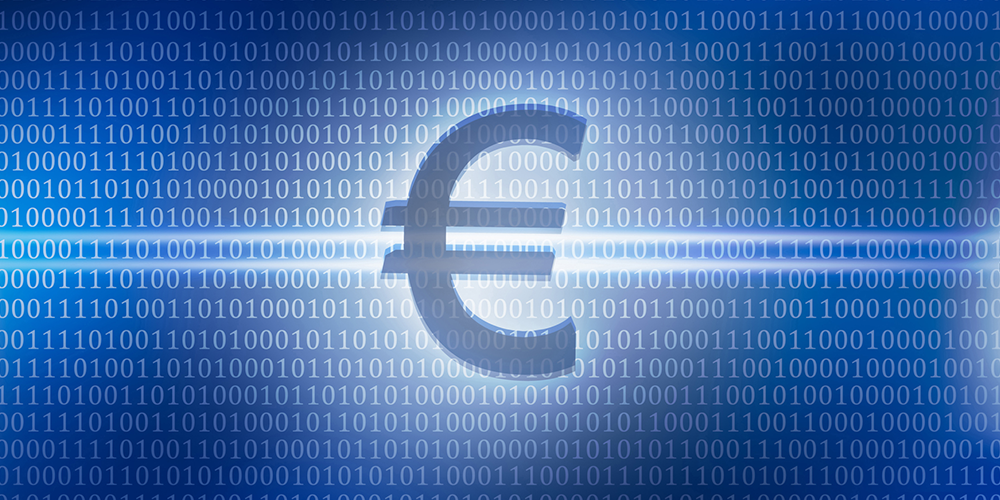Morality, Sovereignty and Payment Infrastructure
The backbone of our current digital payment infrastructure relies on interbank networks for payment processing. Outside of China, just two American companies manage 90% of all global payment processing, These two companies being Visa and MasterCard.

"If we command our wealth, we shall be rich and free. If our wealth commands us, we are poor indeed." — Edmund Burke
Recent direct involvement by payment processors in online marketplaces, in this case specifically Steam and itch.io, resulting in the delisting of several NSFW games, or, in itch.io's case, their entire NSFW library has renewed my interest in our global payment infrastructure and the actors in play.
It is important to note that this is not the first time something like this has happened, several examples include:
- OnlyFans: In August 2021, OnlyFans announced it would be banning "sexually explicit content.", stating the change was due to pressure from banking partners and payment processors. This decision was later reversed due to backlash from creators and the community.
- WikiLeaks: After publishing classified U.S. documents in 2010, major financial companies suspended services to the organization after receiving pressure from the U.S. government.
- File sharing/hosting sites: Several File sharing/hosting sites, such as Rapidshare and Mediafire have found themselves targeted by payment services under the guise of preventing IP infringement, effectively cutting off their means of financial support. (neither of the companies stated have been found liable of such.)
A larger list can be found here.
Regardless of personal morals or beliefs, these are actions taken by private corporations, often under pressure from activists, private entities or governments without due legal action. Even if I find myself agreeing with some of these actions, including, for example, suppression of hate-speech, these should be settled in court.
It is likely that several of these cases flew mostly under the radar until these latest actions, as they target video games at a time when the stop killing games initiative is at the height of relevance along with the belief one should own the games they buy. Making this a direct attack against buying a product, instead of donations or services.
So, let's talk about our payment infrastructure.
This is a problem.
The backbone of our current digital payment infrastructure relies on interbank networks for payment processing. Outside of China, just two American companies manage 90% of all global payment processing, These two companies being Visa and MasterCard. Unfortunately, as we have seen, these companies are not impartial, and as digital payments increase, so does the power these companies hold over people and nations.
In the Euro area alone, 13 countries rely solely on international payment processors without a viable domestic alternative, this reliance is a vulnerability that must be addressed in the years to come lest they lose their financial sovereignty.
But what can be done?
Current progress!
Several Countries have made progress in this area, some examples include India's world leading United Payment Interface (UPI), and Brazil's Pix network. Both offer real-time, instant, peer-to-peer and peer-to-merchant transactions, often bypassing card networks all together.
However successful these projects are, I have discovered in my research what I believe to be the true next step in banking. Central Bank Digital Currency (DBDC).
The future...
CBDCs are a new, fully digital form of currency, issued directly to you from the central bank, bypassing classic banks, payment processors and other intermediaries along the current payment chain, resulting in a more fast, efficient, secure and sovereign payment process.
This centralized approach would provide a nation with a truly sovereign payment system. Unlike the current infrastructure, which is susceptible to the pressures of foreign governments or the whims of private corporations, a CBDC would give the central bank direct control over the issuance and movement of its currency. This would not only secure a nation's financial independence but also establish a clear, public framework for what is and is not permissible, guided by law rather than corporate policy.
This does raise several concerns if such a system were to be implemented by a single government, concerning surveillance, privacy or the risks of cyber-attacks, considering its importance. However, this is why I find the European-unions approach so interesting!
Since October 2021, the European central bank has been looking into CBDCs and as of July of this year is still working on the rule book, alongside national central banks, market participants, consumer representatives and policymakers. This collective and transparent effort gives me hope and makes me feel less worried about the potential for bad actors to weaponize the system for their own gain.
Closing remarks
I would like, if anything, that this piece encouraged you to think about our current financial infrastructure, the actors at play and maybe even come up with some ideas of an "ideal" system yourself! I do believe, at the very least, that there is a better way than what we currently have, and am excited to see where this all leads.
Thanks for reading!

